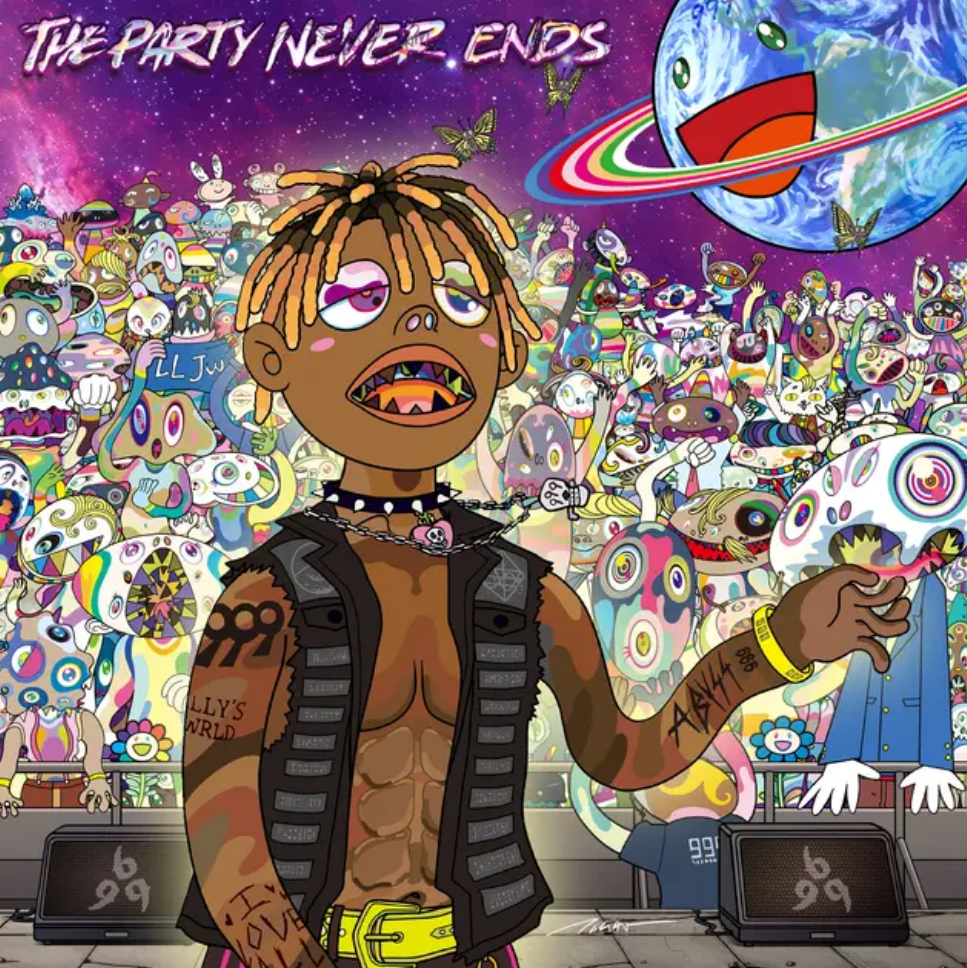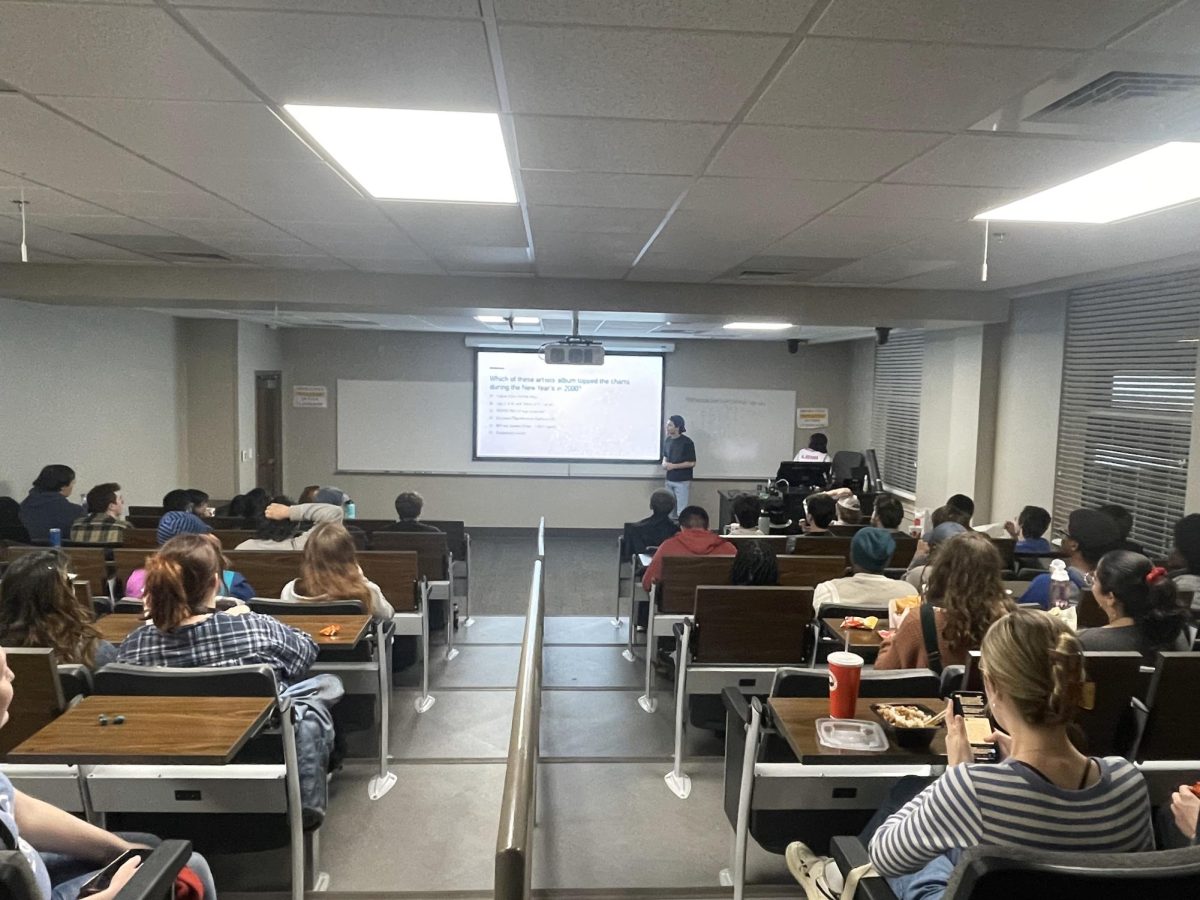Put away your half-started manuscripts and tragic hopes, creative writing minors. In an economy like ours, your chances of publication are bleak – unless, that is, you have unlimited access to a mind-enhancing “smart pill” called MDT-48. That’s the premise of Alan Glynn’s novel “Limitless,” anyway (originally published as “The Dark Fields” in 2001).
You might remember “Limitless” from theaters last spring – or maybe not, judging by its lukewarm critical reception. In any case, it was the movie with Robert DeNiro and that guy from “The Hangover,” and I guess it was pretty good. Some of the visual effects that critics like to describe with words like “stunning” or “experimental” were in keeping with the movie’s billing as a techno-thriller, sure, but in the end they just left me dizzy.
What I found truly stunning – dizzying enough to reverse that age-old tradition of reading the book first and seeing the movie second – were the ideas.
“Limitless” is a novel about human enhancement. And while our trans-humanist hero Eddie Spinola’s journey might end up in some unlikely situations (convincing a shady Russian loan shark to give him half a million dollars by promising to write him into a screenplay about the Mafia, for example), in terms of believability Glynn’s novel is light-years ahead of old-school science fiction that couldn’t see beyond evil cyborgs or disembodied brains in jars. Chances are, the future’s going to look a lot more like “Limitless” than “I, Robot.”
Eddie Spinola starts the novel writing his own novel (that’s right, it’s meta from the very first page), with a day job as a copy editor at some podunk publishing firm. There may have been a point in the distant past at which he had his life together, but it certainly isn’t now, fifty pounds and one failed marriage later.
Lucky, then, that his ex-wife’s brother hasn’t changed at all. When they serendipitously meet on the street one mediocre morning, Eddie’s drug-dealer-in-law gives him a sample of a mysterious substance that propels the intelligent but unmotivated Eddie to the stratosphere of genius and productivity. Lucky, also, that Eddie gets his hands on the entire existing supply of MDT-48 when his supplier gets offed in a very messy scene that I’ll happily leave to Alan Glynn for description.
Taking half, then one, then two or three pills a day, Eddie finds himself playing the stock market like a true Wall Street One-Percenter – with the spare time to wax philosophical about the global trading network as a “template for human consciousness” or “humanity’s collective nervous system.”
On a tangential note, that’s something I liked better about the book: like its original title, it’s deeper, darker and includes quite a few more discussions about the nature of free will and determinism.
You don’t have to have seen the movie to guess that with great power comes great responsibility, and even greater plot twists (involving many, many terrible things happening to our Eddie Spinola as he spins out of control). But even if you did see “Limitless” in theaters, the original, words-only iteration is well worth the read. In fact, it might not be fair to compare the two versions at all: the book is so much more nuanced – subtle where the movie is showy – that it makes you think even while calling itself a techno-thriller.
Along those lines, what’s most impressive is how Glynn makes an apparently far-fetched plot completely believable – from the ideas about boosting human intelligence to the political context of the United States invading (pardon me, “liberating,”) Mexico (from drug cartel tyranny, ironically enough). By the end, you get the feeling that not only could this book happen – it could be happening right now.








